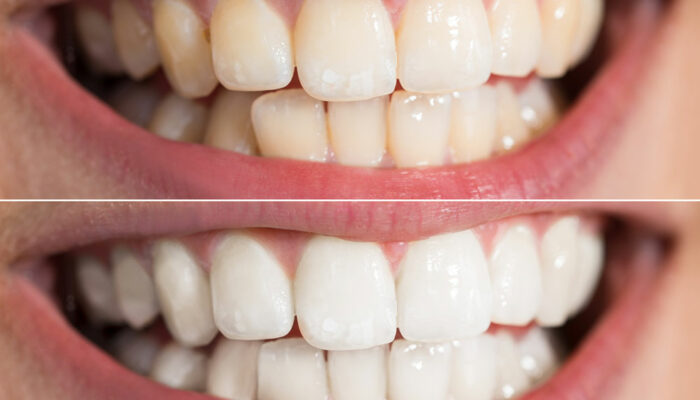
Symptoms and Triggers for Food Allergies in Dogs
It is common for all dogs to itch. But when the itching is continuous and restless, then your pooch definitely needs to be tested for food allergies. Food allergies are not common in dogs, and it takes a long time for allergies to develop and does not happen suddenly, or with the consumption of one stray meal with an allergen. While it is important to get diagnosed by a qualified veterinarian, you could watch out for one or more of the chronic symptoms of food allergies in your dog. Here is an extensive list of symptoms of food allergies in dogs:
Gastrointestinal issues
- Constipation or straining to pass stool
- Vomiting
- Abdominal Pain
- Flatulence
- Diarrhea (sometimes with blood and/or mucus)
Skin
- Constant, restless itching and scratching on your leg, or furniture
- Excessive loss of hair
- Scaly, sore, leathery, or pigmented skin
- Redness, inflammation, or rashes on the skin
Environmental factors like pollen dust, ticks and fleas, and dirt could also cause itching. So if a thorough bath with tick shampoo and rinsing well does not make the skin and coat healthy, then check for food allergy. Remember, that in the case of food allergies, more than mere itchiness, the skin is affected severely over time.
Paws/nails
- Itchy paws that your four-legged friend continually licks or bites
- Discoloration of nails. When nails turn red or brown as against a natural pink, it could indicate a food allergy.
Ears
- Scratching of the ears
- Dirt build-up and a foul smell emanating from the ears
- Incessant shaking of the head
If you notice any of these happening frequently, then rule out swimmer’s ear, bacterial or yeast infections before testing for food allergy.
Eyes
- Discharge from the eyes
- Redness in the eyes because of persistent scratching
If eye infections and environmental factors are ruled out, then checking for underlying food allergies is the sensible option.
Other factors
- Frequent sneezing
- Lethargy, feeling withdrawn or showing disinterest in all kinds of activity
- Anaphylaxis or constricted breathing, in extreme cases
When your dog’s immune system reacts to certain proteins from his food, then it causes food allergies. Hence, if any of these symptoms are exhibited by your dog, you might be advised to try the elimination diet for your furry friend. Vegetables, grains, and meat, all of these contain proteins that could cause allergic reactions in your dog. The 11 most common triggers that cause food allergies in canines are:
- Beef
- Chicken
- Corn
- Dairy
- Eggs
- Fish
- Lamb
- Pork
- Rabbit
- Soy
- Wheat
Some dogs might be allergic to more than one of these foods. Moreover, keep in mind that some breeds of dogs are genetically predisposed to allergies. To test for food allergy, you might have to refrain from feeding your dog his usual foods and treats. In its place, you’ll have to introduce a novel source of carbohydrate and protein for at least 12 weeks. So, switching over from regular, processed kibble food to a specialized home-cooked diet or grain-free, artificial ingredient/additives-free formulation would be ideal.



